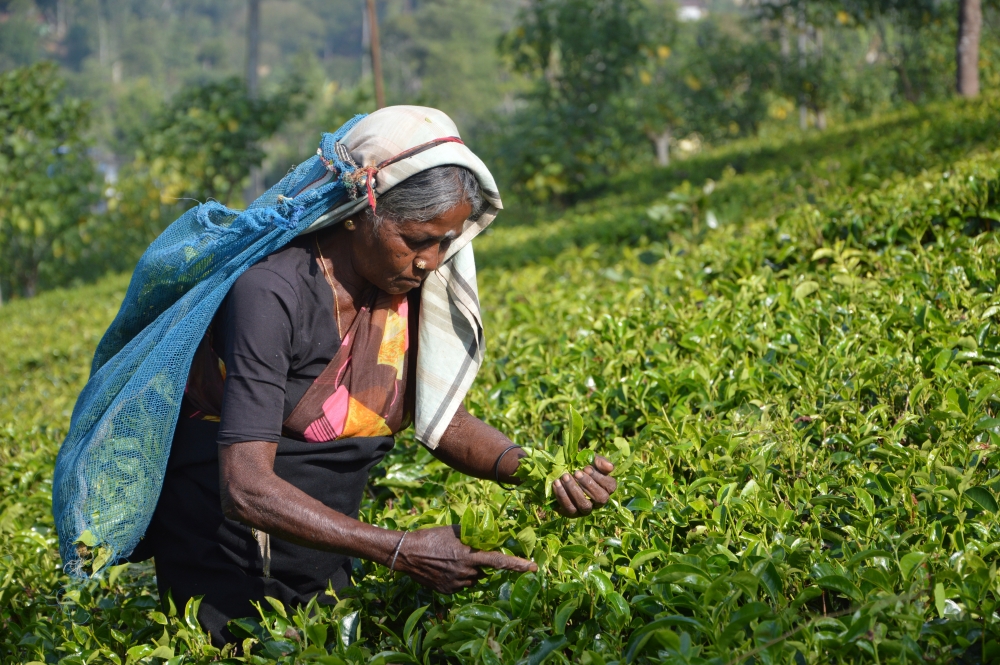News
Private sector partnerships key to sustainable agriculture, notes IFPRI
25 July 2018

A significant increase in investment is needed to lift millions of rural people out of poverty and increase the sustainability of agriculture, the International Food Policy Research Institute (IFPRI) has reported.
As population grows and climate change effects traditional agriculture patterns, hunger and undernutrition are becoming more problematic.
The recent High-Level Political Forum on Sustainable Development in New York also emphasised the importance of investing in sustainable agriculture.
By 2025 the World’s population is expected to reach over 8 billion people; however, the amount of cultivable land will remain the same. Due to pesticide use, non-sustainable agriculture techniques and water use land degredation will make it increasingly difficult for growing populations to secure enough healthy nutrients.
Food waste will also contribute to the problem; currently 20% of all food purchased is wasted.
John Coonrod, Executive Vice-President at the Hunger Project noted:
“The majority of poor and hungry people are small-scale farmers. They are in fact members of the private sector, albeit the weakest. And some corporate investments in agriculture can hurt them”
Adding:
“The world has over-invested in low-nutrition staple crops, driving up the relative price of nutrition rich-foods. Empty calories is the food system of the poor. To overcome malnutrition, we need to increase the dietary diversity of the poor to include many more fruits and vegetables, which means increasing their local production and reducing their price to local consumers”
Private sector investment and collaboration is key to developing a sustainable agriculture system, argues the IFPRI, who suggest there should be incentives for investment beyond farms and into infrastructure such as roads, electricity and agri-food processing.
Rob Vos, Director of the Markets, Trade and Institutions Division, IFPRI, explained:
“This will help provide better and more stable market conditions for farmers, create lots of new jobs, and limit the risks of investing in agriculture itself”
“The second priority is to provide incentives for investing in sustainable practices and crop diversification, including towards fruits and vegetables.”
This message has been supported by Brian Bogart, Senior Regional Programme Advisor for South Africa to the World Food Programme:
“Key areas for investment to equity in food systems include rural infrastructure, access to markets, knowledge and technology, and improved storage and transport capacity to reduce post-harvest losses”
Governments also have a key role to place in this, with political commitment and leadership being critical to reducing hunger and improving food systems. States have a responsibility to establish partnerships with the private sector that create an attractive environment for investment.
Brian Bogart added:
“With shrinking public investment in agriculture…the question is how public-private partnerships can unlock opportunities for private investment to complement public resources and capacity to generate improved food security, particularly for the most vulnerable populations”
If you’d like to stay informed on the latest updates in aid and development, please sign up for the AIDF newsletter.
Image credit: Asantha Abeysooriya